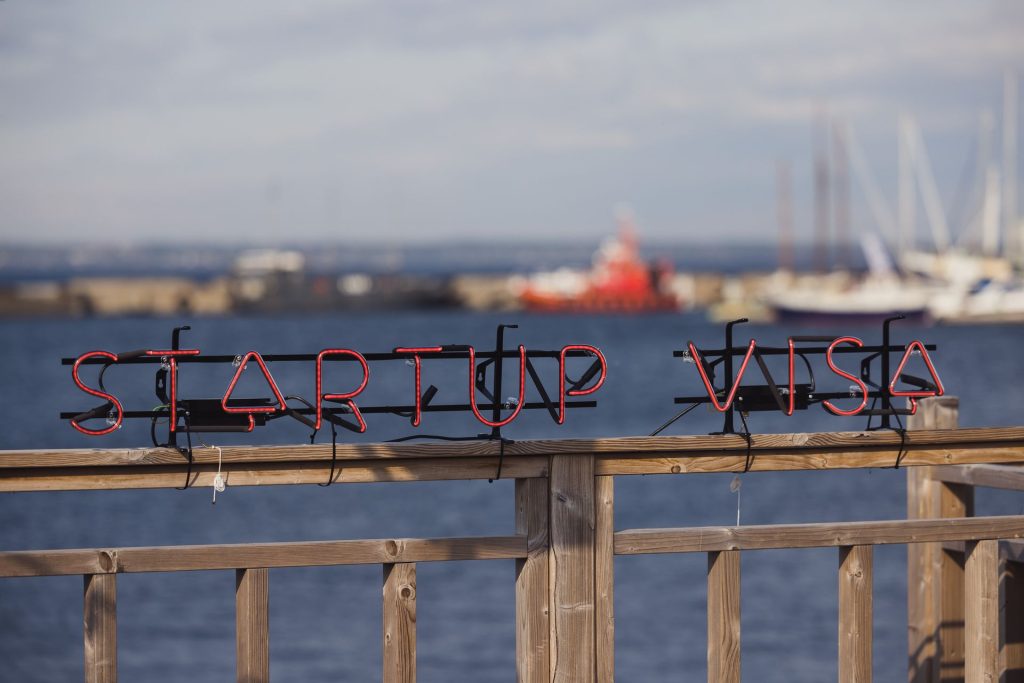estonian startup visa vs e-residency: which is right for you?
Some founders choose one or the other. Increasingly, ambitious teams use both together.
Curious? Here’s what you need to know.
What is the Estonian Startup Visa?
What are the Estonian Startup Visa requirements?
Importantly, there are no sector restrictions: AI, climate tech, fintech, dual-use, health startups and more are all encouraged to apply.
Also, startups bringing co-founders or essential employees can request visas for their teams, and family members can apply for dependent residence permits.
“This is all part of a bigger effort to bring the best talent to Estonia, and make it easy for people to settle and grow here.”
What does the Estonian Startup Visa cost?
Once the Startup Committee confirms your eligibility, you can complete the application form and pay the Estonia startup visa cost of €100.
What is the Estonian Startup Visa processing time?
Applying for your Estonian Startup Visa is a multi-stage process, and you need to factor all of this into your plans for work and life.
What comes after the Estonian Startup Visa?
Ultimately, after eight years of continuous legal residence, you can apply for Estonian citizenship – with full EU passport and all that entails.
e-Residency: Portal to Estonian potential
With your secure digital ID card, you can:
From digital e-Residency to real life in Estonia
More from e-Residency
- Sign up for our newsletter
- Watch fresh video content - subscribe to our Youtube channel
- Meet our team and e-residents - register for our next Live Q&A


